The announcement of 2020 as the International Year of the Nurse and Midwife, to focus attention on the vital importance of the nursing workforce, was undoubtedly the most significant event for nursing during 2019.
Globally, concerns about the shortage of nurses continue to dominate nursing news feeds. But it’s also evident that this problem won’t be solved unless policy makers deal with the perpetual issues which nurses face.
Although there is evidence that the public appreciates nurses, general perceptions about nursing are still biased and outmoded. Recruitment and retention of nurses won’t be improved while there is continuing short staffing and other workplace stressors like compulsory overtime, violence, and harassment. Protests and strikes initiated by nurses during the past year show nurses are finding their voice more and more and that it is making a difference.
In this Nursing Rewind, let’s take a look and review the biggest stories in nursing for 2019.
2020 Year of the Nurse and Midwife

Governments from across the world endorsed 2020 as the Year of the Nurse and Midwife during the World Health Assembly in May. The main aim is not only to celebrate nurses and midwives but to focus attention on the vital importance of the nursing workforce to meet the challenges of universal health care.
The ICN, the Nursing Now Campaign, and the World Health Organization are partnering to promote the 2020 Year of the Nurse and Midwife. The campaign aims to emphasize the need for governments to invest in nursing: the more significant role that nurses can play in the delivery of quality health care, and the need for improved working conditions, quality training, and placement of more nurses in leadership positions.
In the run-up to 2020, they have already highlighted the indispensable role of nurses in healthcare and urged governments to take decisive action to recruit and retain nurses. This included presentations at the high-level meetings of the UN and the WHO. On Universal Health Coverage Day on December 12, a letter was sent to all heads of state.
Several events are planned for next year, and Nursing Now also launched the 2020 Nightingale Challenge, which calls on employers across the world to invest in developing leadership skills in young nurses.
Story highlights:
- 2020 as “Year of the Nurse and Midwife” Endorsed by WHO Executive
- Emilia Clarke Becomes a Nursing Now Ambassador
- WHO Confirms 2020 as International Year of Nurse and Midwife
- 72nd WHA: Global Health Policy Decisions That Will Impact the Role of Nurses
- Highlights of the ICN Congress 2019 Singapore
Nursing Shortage and Burnout

The US News’s annual career rankings for 2019 showed that nursing remains an excellent career choice – with registered nurses ranking 19th in the top 100 careers, nurse anesthetist coming in at 5th, and nurse practitioner at 7th. Furthermore, in the US, the average salary of registered nurses is considerably higher than for the population as a whole.
Despite this, the shortage of nurses remains a persistent problem. “The World Health Organization is predicting a global shortage of nine million nurses and midwives by 2030, and we can already see the terrible effects of a lack of nurses in many countries around the world,” Howard Catton, CEO of the ICN reported.
The reasons for this are complex but include a lack of appreciation of the role of nurses and either budget constraints or the emphasis on profits in the health care system. This leads to short staffing, overwork, and burnout.
The shocking effect this has on nurses was brought to light in a report released in the UK this year that showed alarmingly high rates of suicide among nurses. Overall statistics on nurse suicides in the US are not available, but researchers concluded that it’s more common than most people realize and “shrouded in silence, avoidance, and denial.”
Story highlights:
- Nursing Careers Stay Firmly in ‘100 Best Jobs in America’ Rankings
- Nurse Salary: How Much Do Registered Nurses Make?
- 300 Nurses Died By Suicide in Seven Years Shows Alarming Stat
- You Can Help Prevent Nurse Suicides
- Burnout Now Officially Recognized as a Health Concern
- Nurse Burnout: Are You At Risk?
Unionization Among Nurses

The past year has seen increasing unionization among nurses in the US, even though unionization in other sectors has been declining over the last few decades. Nurses at several hospitals in various states of the US have won union elections during 2019.
And in union negotiations, the main issues are not about salaries, but mostly staffing levels and other working conditions. Nurses are standing up against the effects that the for-profit health care system has on the quality of patient care.
Nurse unions give nurses a collective voice on patient care issues – a seat at the table to advocate for safe staffing and quality patient care.
Nursing unions also lobby strongly for legislation that supports better working conditions for nurses, and here the collective voice of nurses seems to be making inroads.
Story highlights:
Legislation Affecting Nurses

On November 21, the House of Representatives passed The Workplace Violence Prevention for Health Care and Social Services Staff Act, which was a significant step towards addressing the epidemic of violence in health services. The bill still has to be passed by the Senate.
Nurses’ collective voice contributed in no small way to the passing of a bill in April, by the Washington State Senate, for uninterrupted meal breaks for nurses and against mandatory overtime. Nurses across the US reacted with outrage when State Senator Maureen Walsh commented, while opposing parts of the bill, that some nurses probably spent a large part of the day playing cards. The issue went viral on social media and in the press, followed by protests, after which the bill was passed with very little opposition.
Nursing unions are also lobbying for the proposed legislation on Medicare for All, which aims at countering the effects of the for-profit health care system and making healthcare accessible to all. Both bills were introduced to the House of Representatives and the Senate this year and are currently at the committee stage.
Story highlights:
- House Passes Bill to Prevent Workplace Violence Against Health Care and Social Service Workers
- Senator’s ‘Playing Cards’ Remark Unleashes the Power of Nurses’ Collective Voice
- Nurses Outraged by Senator’s ‘Playing Cards’ Remark
- Nurses Support ‘Medicare for All’ As Fix For US Healthcare System
The Power of Nurses’ Voice

In April this year, Jessica Anderson broke the Guinness World Record for running a marathon dressed as a nurse. However, the record was denied by GWR because she was dressed in scrubs, which didn’t meet with their guidelines on what was considered a nurse’s uniform.
A #WhatNursesWear storm broke out worldwide on social media against the outdated and stereotypical dress code, and soon GWR announced that Anderson would be awarded the title after all and that it would review and modernize the guidelines for all dress codes.
What nurses face every day, and the stress they are under was also highlighted in a post on Facebook by Laura McIntyre about her twin sister’s particularly rough day. The post received over 209,000 reactions in a matter of days, followed by extensive press coverage. Comments from across the world showed the appreciation that the public has for nurses.
“When nurses speak, politicians listen – never has this been demonstrated so effusively,” wrote the Washington State Nurses Association after the passing of the bill at the center of the Maureen Walsh incident. “Nurses, when we are on the same team, are an unstoppable force. Nurses are power.”
Story highlights:
- Nurse Challenges Stereotype Guinness World Records Rules – and Wins
- Love For Nurses Pours In After Photo of Exhausted L&D Nurse Goes Viral
- Dream Comes True for New Nursing Graduate: From Janitor to BSN at NYU
Support 2020 Year of the Nurse and Midwife
The 2020 Year of the Nurse and Midwife provides the nursing profession, the single largest group in health care, with a unique opportunity to claim a leadership role and use their voice to bring about change.
Advocate about the issues that are important to you. Support campaigns by nursing associations and other groups, or start your own. Reach out to policymakers, the media, and the public. Don’t know how? Then use the social media and advocacy resources toolkit that has been made available by Nursing Now. Start off the New Year by posting the 2020 Year of the Nurse and Midwife logo on your social media profile.

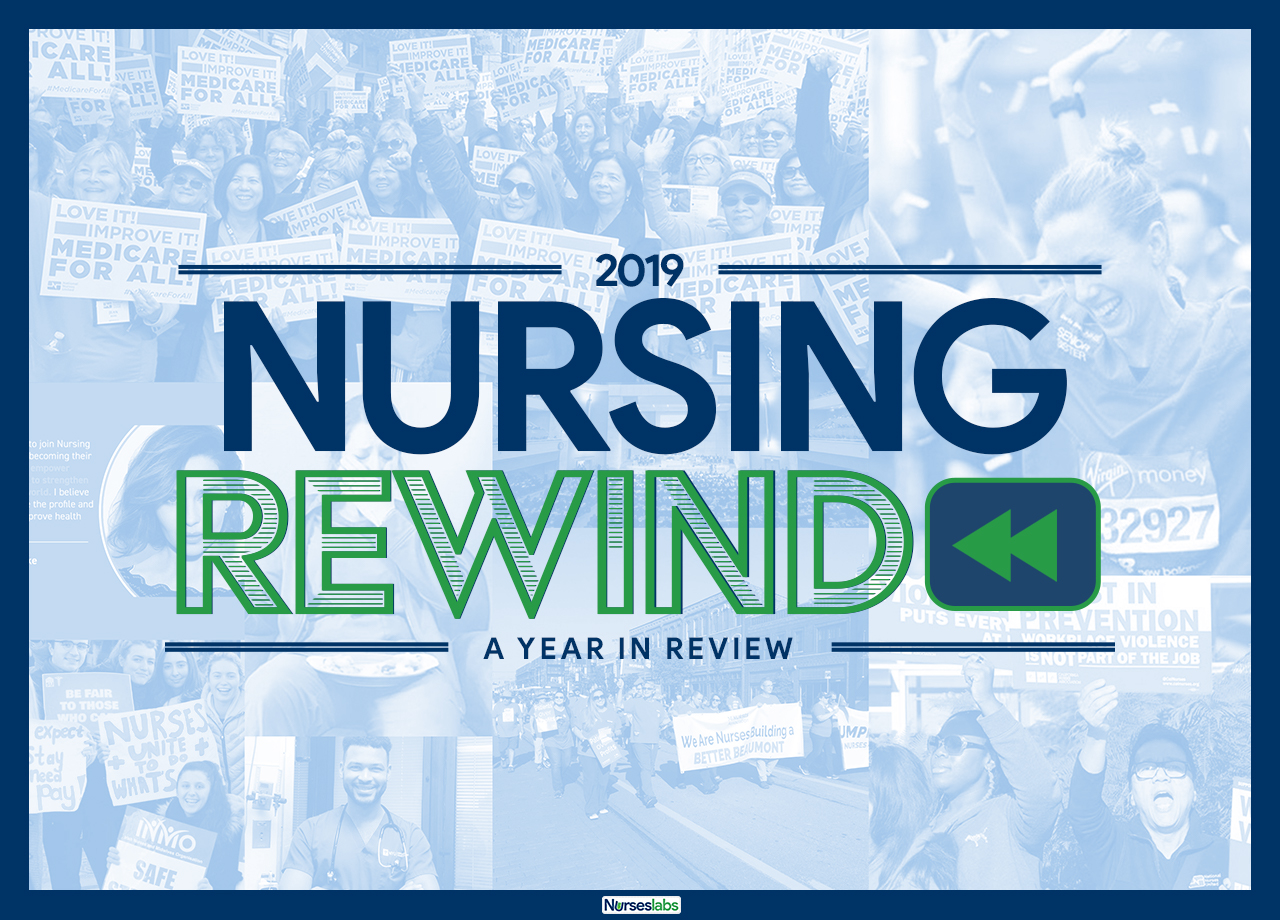
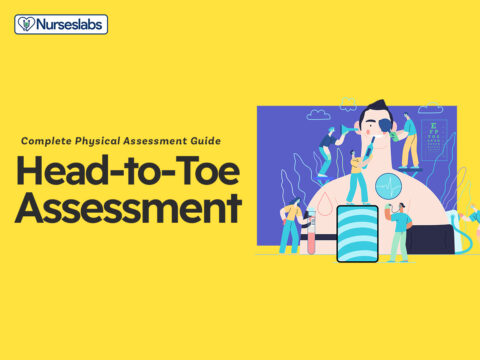
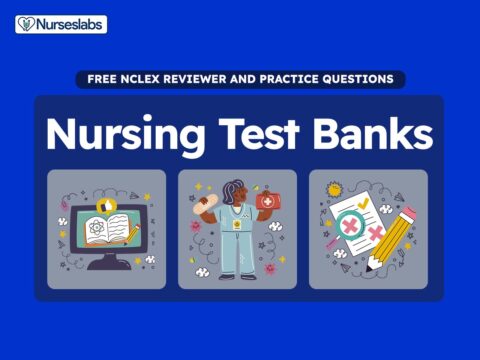
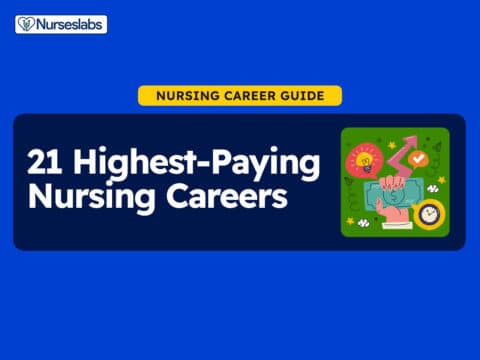
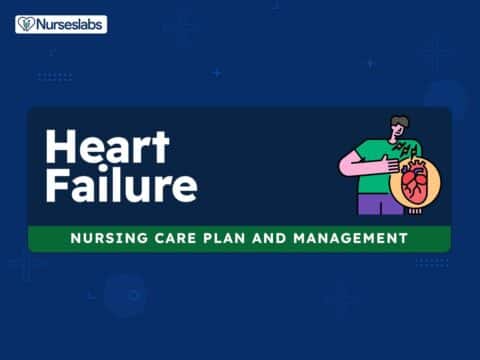
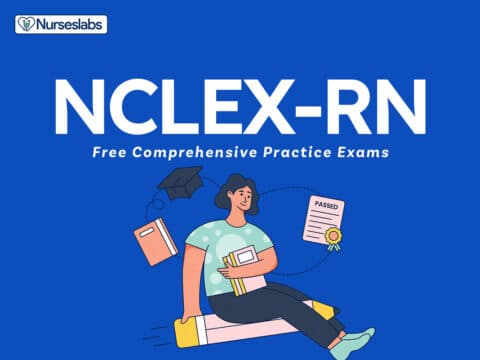
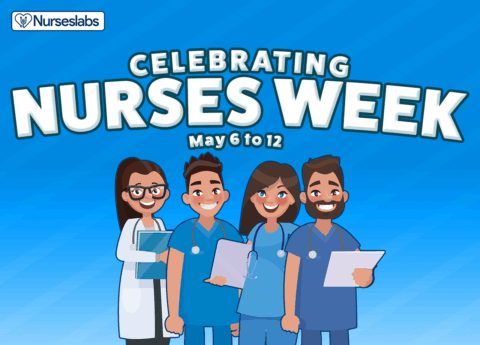
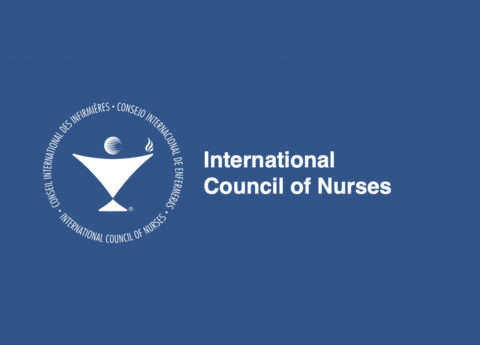


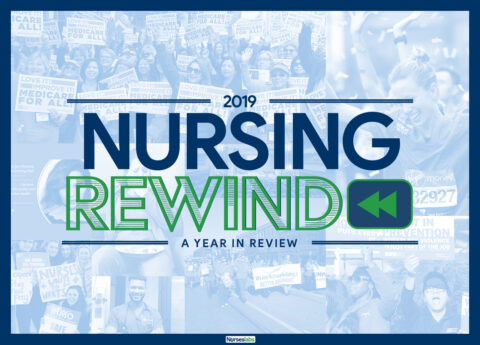







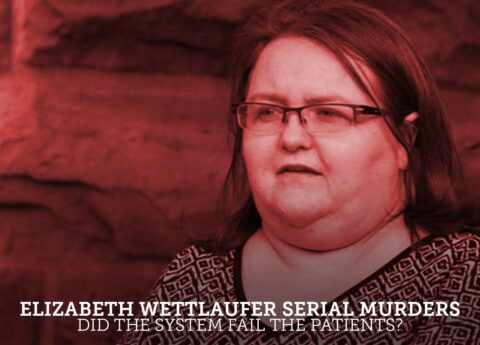







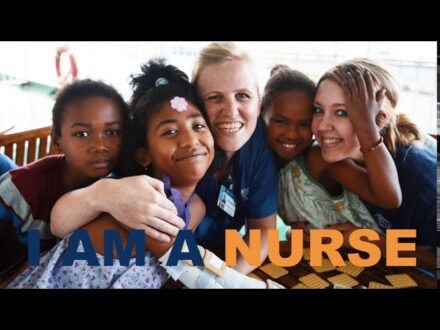


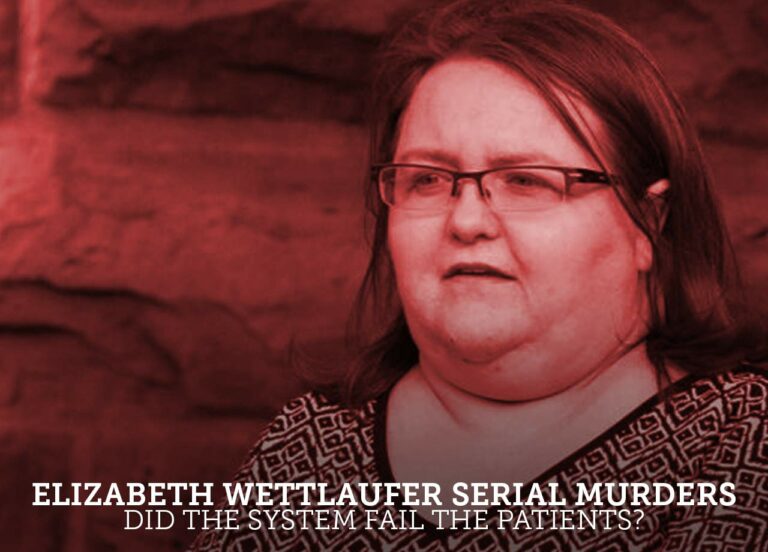




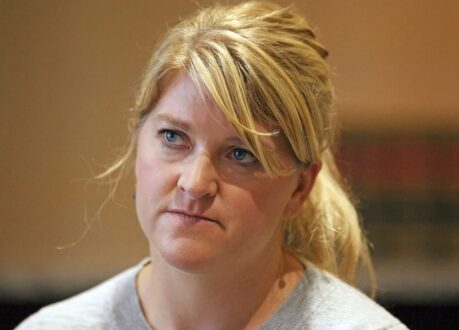


Leave a Comment